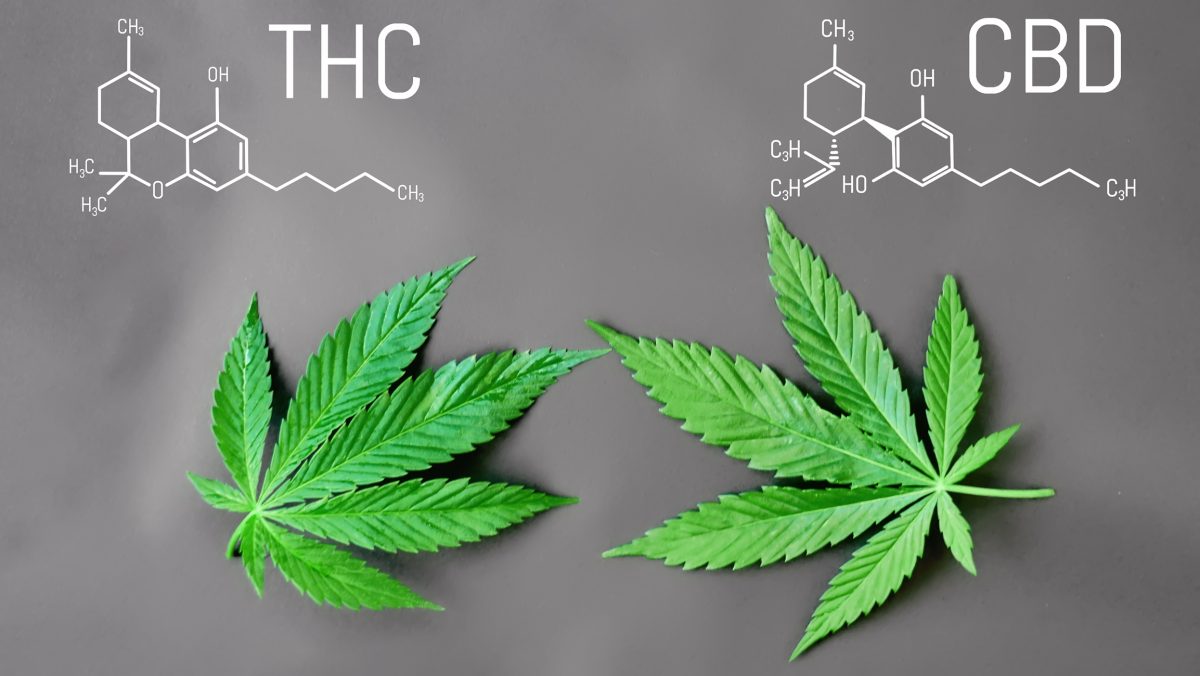
With the rapidly growing pandemic of COVID-19, it has been an urgent challenge to create new treatments and prevention strategies that can help curtail the disease spread and reduce mortality. Researchers have started looking for solutions in multiple places, and one of them is the cannabis plant.
Researchers from the University of Nebraska and the Texas Biomedical Research Institute are delving into cannabis-derived CBD as a possible option for treating the deadly lung inflammation that accompanies COVID-19. The coronavirus SARS-CoV-2, for unclear reasons, triggers a cytokine storm—the production of excessive levels of cytokines—resulting in hyperinflammation.
The excessive levels of cytokines can lead to severe pneumonia which clogs up the lungs, making breathing difficult or impossible. It also contributes to the appearance of symptoms such as fever, muscle pain, and cough. The results directed scientists to focus their studies on reducing lung inflammation.

And it looks like CBD could be the answer. CBD could possibly be a part of a treatment regimen, that targets immune pathways, that could downregulate the cytokine storm.
“Here, we intend to highlight the potencial effects of cannabinoids, in particular, the non-psychotropic cannabidiol (CBD), that has shown beneficial anti-inflammatory effects in pre-clinical models of various chronic inflammatory diseses and is FDA approved for seizure reduction in children with intractable epilepsy.”
– Nichols J., and Kaplan B, 2020.
CBD can reduce the number of pro-inflammatory cytokines. Critical targets include cytokines such as TNF-α, IFN-γ, IL-6, IL-1β, IL-2, IL-17A, and chemokines, such as CCL-2 that are inhibited by CBD. The overall mechanism of CBD involves direct suppression of target cells, such as effector T cells and microglial cells, through suppression of kinase cascades and various transcription factors.
“We know cannabis is a powerful anti-inflammatory agent that functions differently from other drugs like Tylenol, Ibuprofen, steroids, or the biological options that work on the immune system and can present severe side-effects.”
– Dr. Benjamin Caplan, a primary care family physician in Boston, to the High Times.

The authors also note that CBD isn’t the only cannabinoid that shows promise as an anti-inflammatory medicine. THC has also shown powerful anti-inflammatory results, but it’s less well tolerated than CBD, with common symptoms like disorientation, anxiety, and increased heart rate.
The uncertainties associated with the COVID-19 phenomenon lead to bringing prolonged states and feelings of fear, depression, or anxiety. CBD can act as a secondary benefit to this pandemic effect since it is considered a promising regulator for anxiety and management in times of stress and panic.
The scientists, through their conclusions, recommend starting to investigate more about CBD and its possible use to reduce lung inflammation and anxiety management with a COVID-19 patient. At the same time, this does not suggest that CBD or THC should consider treatment for COVID-19 on its own, but it could be seen as a potential for future research aimed at reducing significant symptoms of the disease.





Boyee